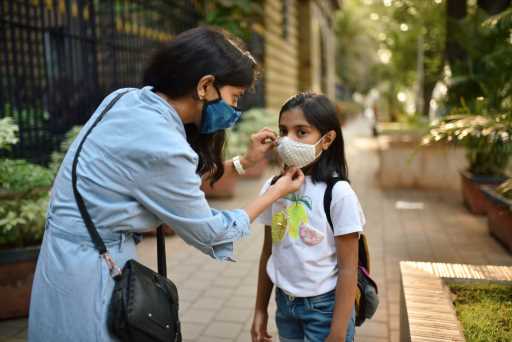The director of the World Health Organization said in a news briefing on Wednesday that the end of the COVID-19 pandemic is near.
“Last week the number of weekly reported deaths from COVID-19 was the lowest since March of 2020,” said Tedros Adhanom Ghebreyesus. “We have never been in a better position to end the pandemic. We are not there yet, but the end is in sight.”
The positive assessment comes after months of increased vaccination efforts across the globe and declining case and death counts. The WHO reported that deaths fell 22% last week to roughly 11,000 and infections decreased by 28 percent. The news briefing was the most encouraging news from the UN since they declared COVID-19 an international emergency in January 2020, and three months later declared a pandemic.
Since then COVID-19 has claimed the lives of roughly 6.5 million people globally and infected over 606 million people. Turning everyday lives upside down and exacerbating an already weathered healthcare system. The WHO said in order to slow the spread and fight the virus, and variants that will inevitably form, countries need to maintain adequate supplies of medical equipment and health care workers.
“We expect there to be future waves of infections, potentially at different time points throughout the world caused by different sub variants of Omicron or even different variants of concern,” said WHO’s senior epidemiologist Maria Van Kerkhove.
In conjunction with the news briefing, the WHO released six policy briefs that outlined key actions that governments should take to end the pandemic. The briefs include guidance on testing, maintaining infection prevention and how to build trust through risk communication and community engagement. “They are an urgent call for governments to take a hard look at their policies and strengthen them for COVID-19 and future pathogens with pandemic potential,” said Ghebreyesus.
In January of 2020, the U.S.Health Department declared COVID-19 a public health emergency and has renewed that status quarterly ever since. Policy experts expect for the department to renew it again in mid-October for the last time before it expires in January of 2023. And that is due in large part to the success of the new bivalent vaccine, which only requires one dose. Many experts have likened this to something as routine and common as an annual flu shot. Something they hope will help return the country to a new normal.
As governments and healthcare systems work to best manage COVID-19 and transition mitigation efforts into their routine healthcare practice, Ghebreyesus likened the fight to a marathon with the finish line in sight: “Now is the worst time to stop running. Now is the time to run harder and make sure we cross the line and reap all the rewards of our hard work.”
Before you go, check out the best all-natural cold and flu products for kids: 
Source: Read Full Article
